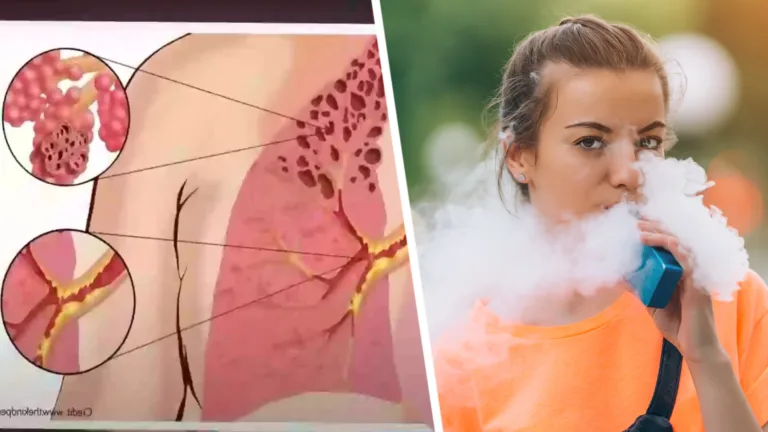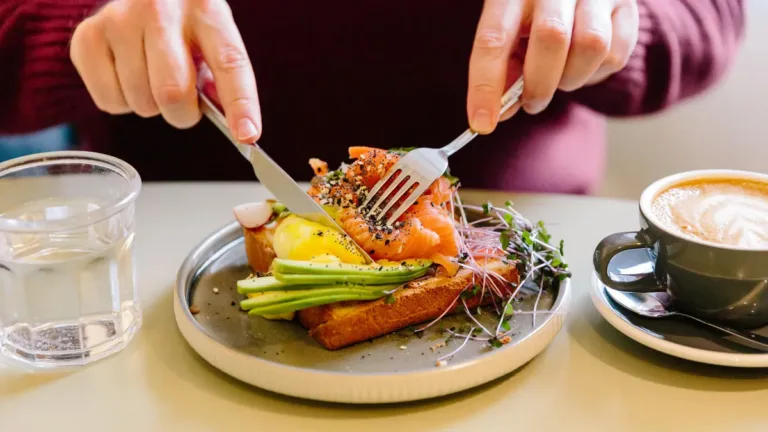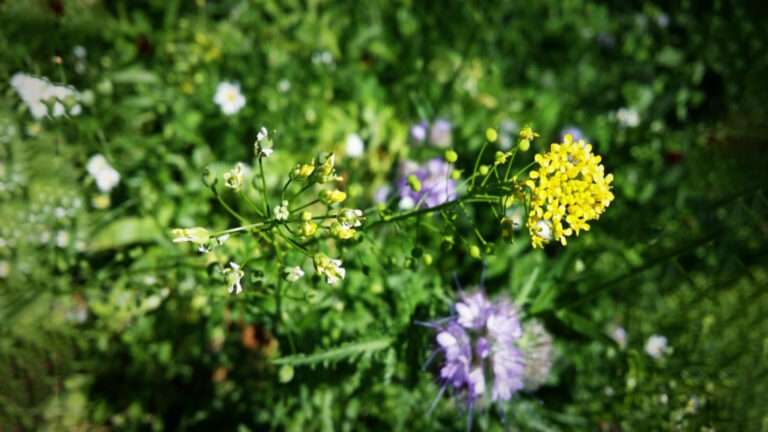Millennials’ Favorite Breakfast is Destroying the Planet – Here’s Why Experts Are Sounding the Alarm
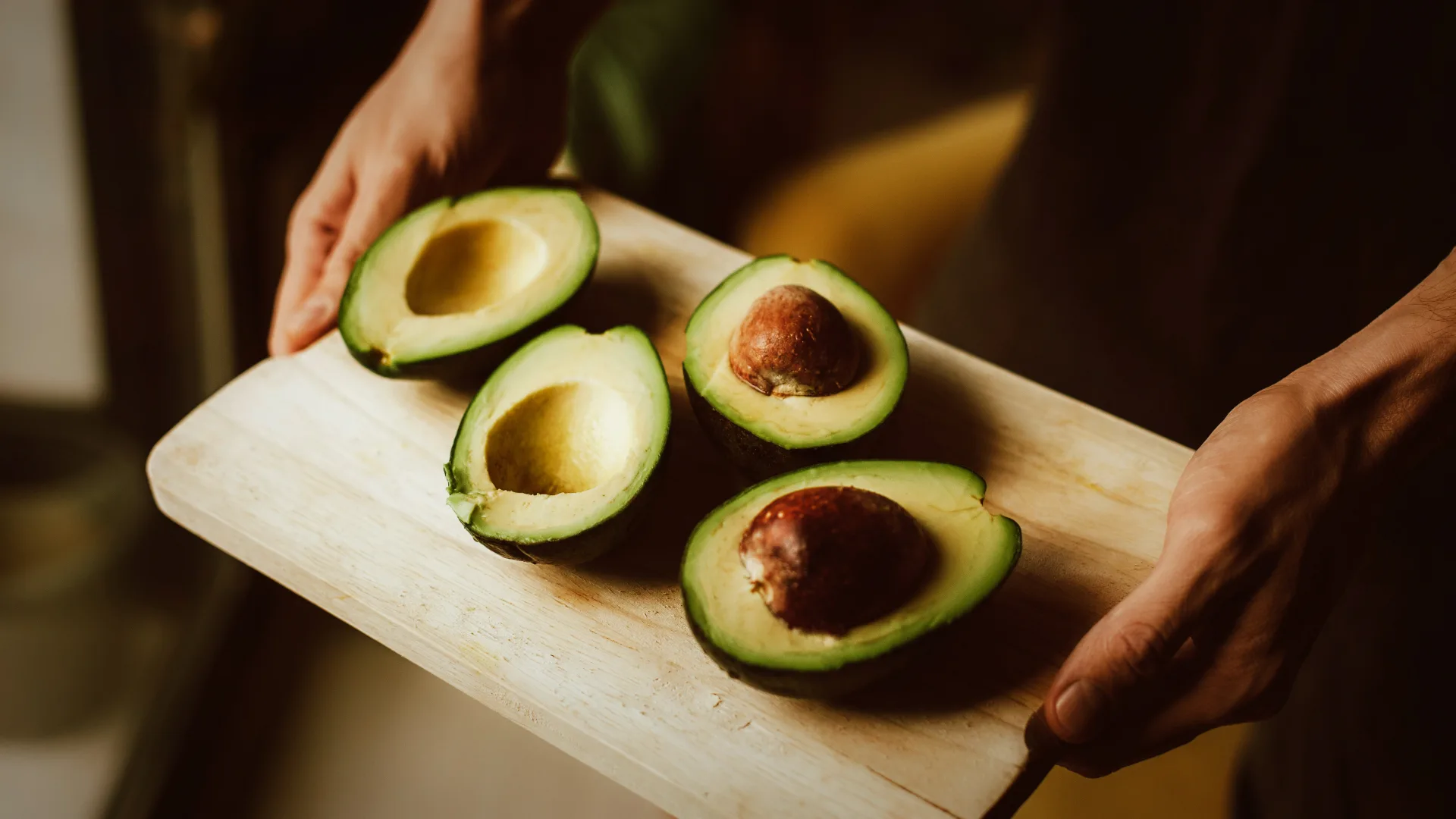
🥑 Avocado Toast: A Delicious Trend with a Hidden Cost
For years, avocados have been hailed as a superfood, packed with essential nutrients, healthy fats, and antioxidants. Millennials, in particular, have embraced them as a breakfast staple, often pairing them with eggs and toast for a nutrient-dense, Instagram-worthy meal.
But what if this beloved food choice is causing more harm than good? Experts now warn that avocados are playing a significant role in environmental destruction, deforestation, and water depletion.
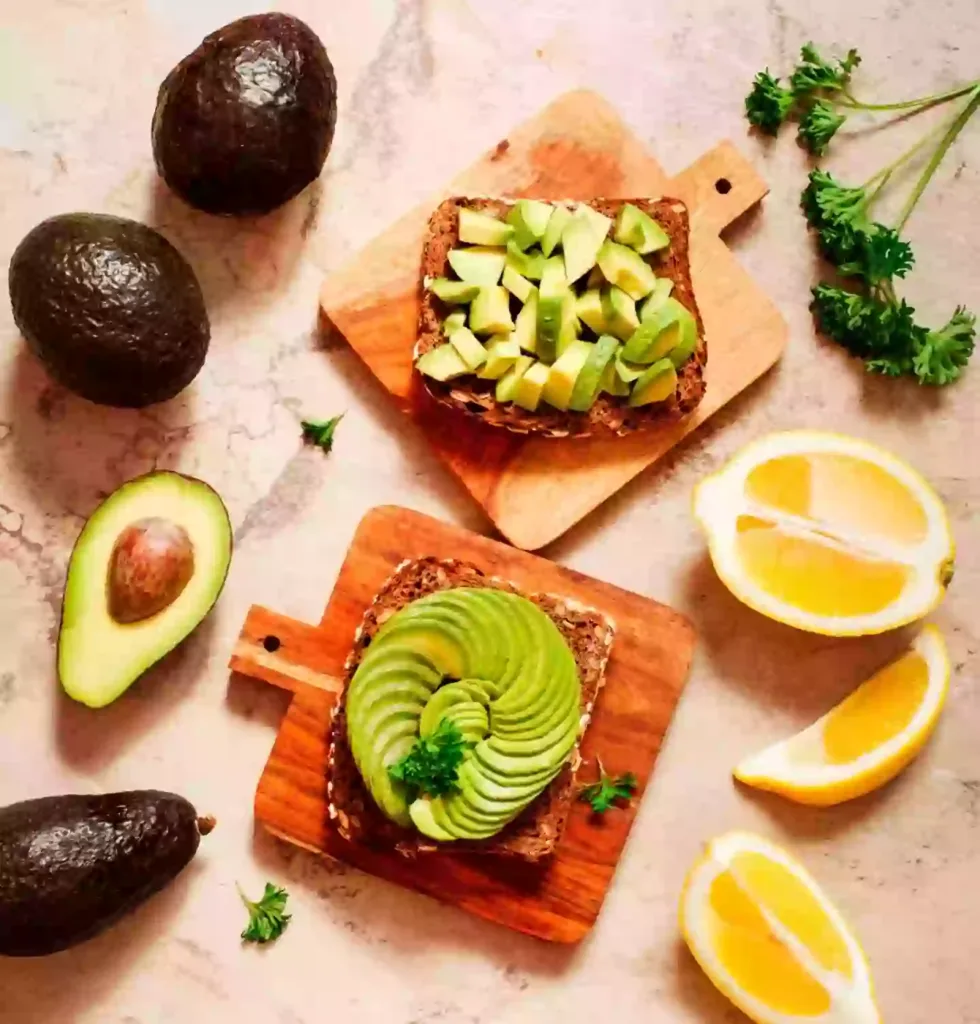
British TV personality and gardening expert Alan Titchmarsh has urged people to rethink their avocado obsession, calling attention to the hidden environmental impact of mass avocado farming.
This revelation has left many consumers questioning their food choices. While avocados are widely recognized for their health benefits, few people are aware of the ethical and environmental toll they take. The demand for avocados has led to vast deforestation, habitat destruction, and a concerning reliance on unsustainable farming practices. Moreover, the high transportation costs and emissions associated with importing avocados across the globe add to the crisis. With climate change already a major concern, should we be more conscious of the food choices we make? And is it time to find a more sustainable breakfast option?
🌎 The Dark Side of the Avocado Boom: What You Need to Know
Avocados have skyrocketed in popularity, with global demand surging in the past decade. But this demand has led to serious consequences. Mass deforestation, excessive water usage, and carbon emissions from global transportation are all part of the hidden cost of this so-called “superfood.”
According to The Times, Titchmarsh pointed out a harsh reality:
“Most of those sold in the UK are grown where the rainforest has been felled at an alarming rate to accommodate them. They are then shipped, often more than 5,000 miles across the ocean, as breakfast for supposedly environmentally friendly consumers.”
This contradiction—consuming a food marketed as healthy and eco-friendly while unknowingly contributing to environmental destruction—has sparked debate across social media.
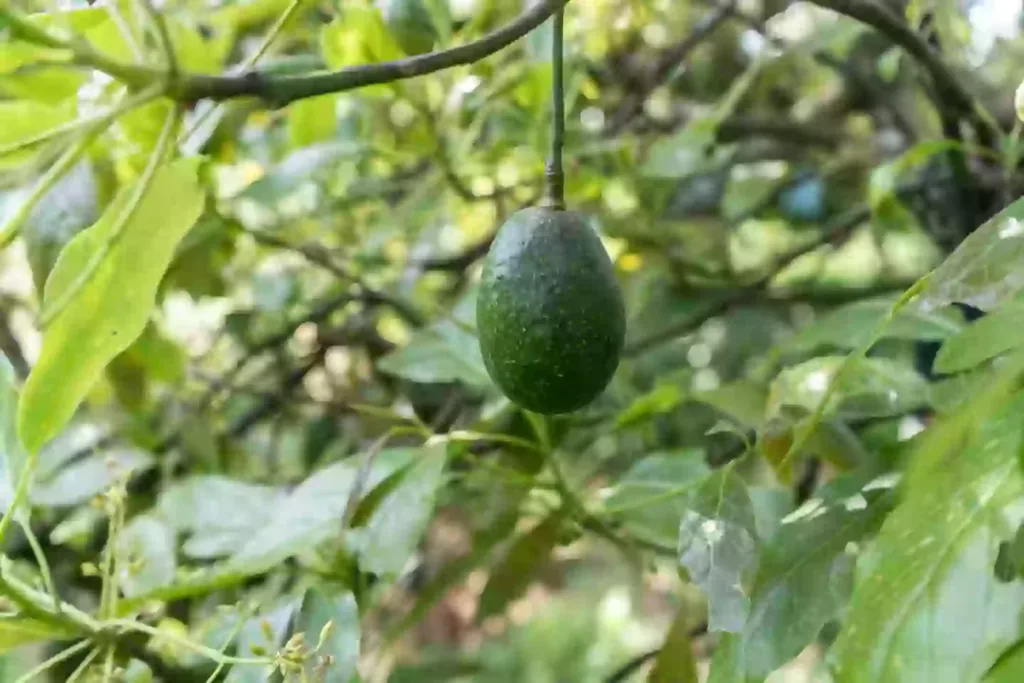
Many sustainability advocates argue that the avocado trade exposes a deep flaw in modern food consumption habits. People often assume that plant-based foods are inherently better for the environment, but the reality is more complex. Avocado farming not only requires large amounts of land and resources but also disrupts local ecosystems and communities. As consumers, it’s crucial to understand that sustainability isn’t just about the food itself—it’s also about how it’s grown, harvested, and transported. If a food product needs to be shipped across the world, its environmental impact is often greater than expected.
📢 Social Media Reacts: Millennials Defend Their Love for Avocados
On Twitter, Instagram, and TikTok, users are divided over the news. While some are reconsidering their avocado consumption, others argue that focusing on individual food choices overlooks larger corporate environmental issues.
💬 @GreenWarrior98: “I had no idea avocado farming caused this much deforestation! Time to rethink my breakfast choices.”
💬 @MillennialEats: “Wait… so first they blame us for not buying houses, and now avocados are bad too? What’s next?”
💬 @EcoConsciousLiving: “If we truly care about sustainability, we should be looking at alternatives that don’t harm the planet.”
The backlash has been particularly strong among younger generations, who feel unfairly targeted. Many argue that blaming millennials for avocado consumption distracts from the real culprits—large-scale agricultural corporations that prioritize profit over sustainability.
📲 Social Media Post & Hyperlinks
Want to spread awareness about the environmental impact of avocados? Here are some ready-to-use social media posts and hyperlinks to share with your followers:
Twitter Post 🐦
🚨 Did you know that your avocado toast might be contributing to deforestation? Rainforests are being cleared at alarming rates to meet global demand! 🌍 Time to rethink our breakfast choices. #SustainableEating #EcoFriendly 🌱
🔗 Read more here
Instagram Caption 📸
🥑 Avocado toast: a millennial favorite with a dark side. Thousands of acres of rainforests have been cut down to grow avocados, and each one takes 320 liters of water to produce! 💧 What are some eco-friendly breakfast swaps you love? Comment below! 👇 #SustainableLiving #FoodForThought
🔗 Check out the full story
TikTok Video Idea 🎥
🎥 Video idea: Show a time-lapse of avocado toast being made while overlaying facts about its environmental impact. Add a text overlay:
🥑 “Avocado toast is destroying the planet?! 🌎 Here’s why…”
💬 End with: “Would you give up avocados for the planet? Let us know in the comments!”
🔗 Learn more: BBC Avocado Trade Report
Facebook Post 📘
🌍 The hidden cost of avocados is shocking!
✔️ Deforestation in Mexico & South America
✔️ Extreme water usage (320 liters per avocado!)
✔️ High carbon footprint from global transportation
If you care about the environment, consider sustainable alternatives like hummus, nut butters, or locally grown produce! 🥑🚫
🔗 Read the full article
Feel free to copy and paste these posts, or tweak them to match your style!
🌳 Deforestation: The Hidden Cost of Avocado Farming
A large portion of the world’s avocados come from Mexico, where entire rainforests have been cleared to make room for vast plantations. According to the Sustainable Food Trust, Mexico alone produces over 500,000 acres of avocados annually, a market valued at approximately $5.6 billion worldwide.

While this boom has benefited the country economically, it has also brought significant environmental challenges, including:
✅ Deforestation: Thousands of acres of forests have been cut down to make space for avocado farms.
✅ Excessive Water Usage: Growing a single avocado requires 320 liters of water, a concerning figure in regions where water is already scarce.
✅ High Carbon Footprint: Transporting avocados across continents contributes to 846.36 grams of CO2 emissions per two small avocados.
The impact of deforestation extends beyond just losing trees. It disrupts wildlife habitats, reduces biodiversity, and contributes to climate change by eliminating natural carbon sinks. Local communities in Mexico and other avocado-producing regions also suffer. The destruction of forests often displaces indigenous groups and small-scale farmers, who find themselves pushed out by large agricultural operations.
Additionally, the heavy reliance on pesticides and chemical fertilizers used in intensive avocado farming has raised concerns about soil degradation, water pollution, and long-term sustainability. Despite its reputation as a “clean” food, avocado production is proving to be anything but eco-friendly.
📈 The Rising Cost of Avocados: Are They Becoming a Luxury Item?
Apart from environmental concerns, economic and political factors may soon make avocados a luxury item.
Trade tensions between the United States, Canada, and Mexico have already affected various industries, and avocados are no exception. Former U.S. President Donald Trump previously threatened a 25% tariff on goods from Mexico, a move that could significantly impact avocado prices in North America.

While some of these tariffs were rolled back, trade disputes continue, and Mexico remains vulnerable to policy changes. Mark Carney, the next Canadian Prime Minister, has even stated:
“Americans should make no mistake: in trade, as in hockey, Canada will win.”
If tariffs on Mexican avocados increase, consumers in the U.S. and Canada could face rising prices, making their favorite green fruit even more expensive.
Given the already volatile nature of food prices, the question remains: Will avocados become an exclusive item available only to those who can afford them? If so, this could shift consumer trends significantly, leading to greater demand for alternative spreads and toppings.
🥑 Sustainable Alternatives: What Can We Eat Instead?
If you’re looking for eco-friendly alternatives to avocados, consider:
🥑 Hummus: A creamy, protein-rich option made from chickpeas.
🥑 Mashed Peas: Similar in texture, with a much smaller environmental footprint.
🥑 Nut Butters: Almond or cashew butter on toast provides healthy fats and nutrients.
🥑 Local Seasonal Fruits: Opting for locally grown produce can help reduce carbon emissions.

These swaps not only help reduce carbon footprints but also encourage a more sustainable and locally sourced diet.
🌍 Final Thoughts: Will You Change Your Avocado Habit?
The debate over avocados is far from over. Whether you’re willing to cut back, find alternatives, or continue enjoying them, it’s important to make informed decisions about the food we eat and its impact on the planet.
What are your thoughts? Will you rethink your avocado consumption, or do you think the responsibility lies elsewhere? Join the conversation in the comments! ⬇️
Featured Image Credit: Getty Stock Image




